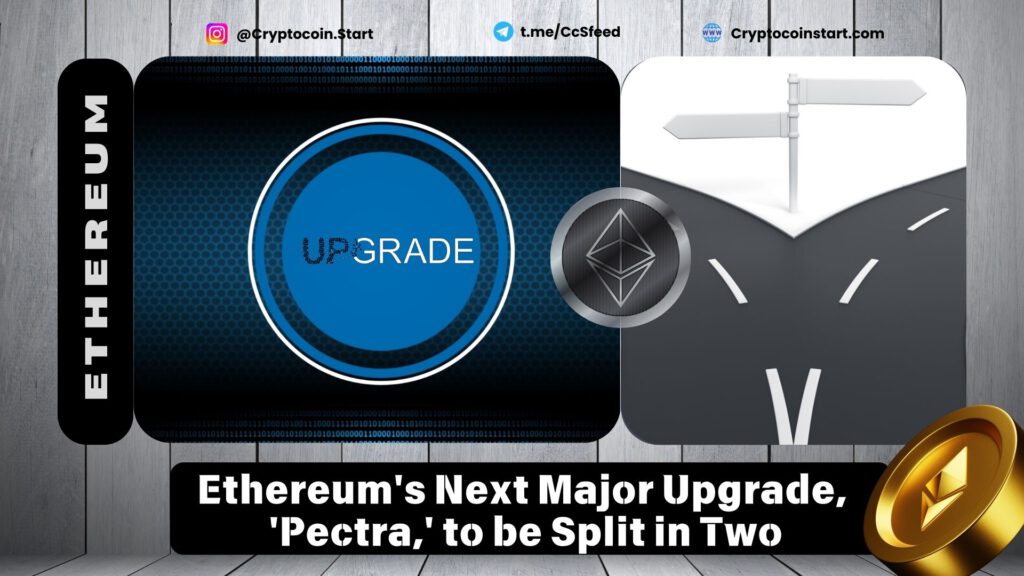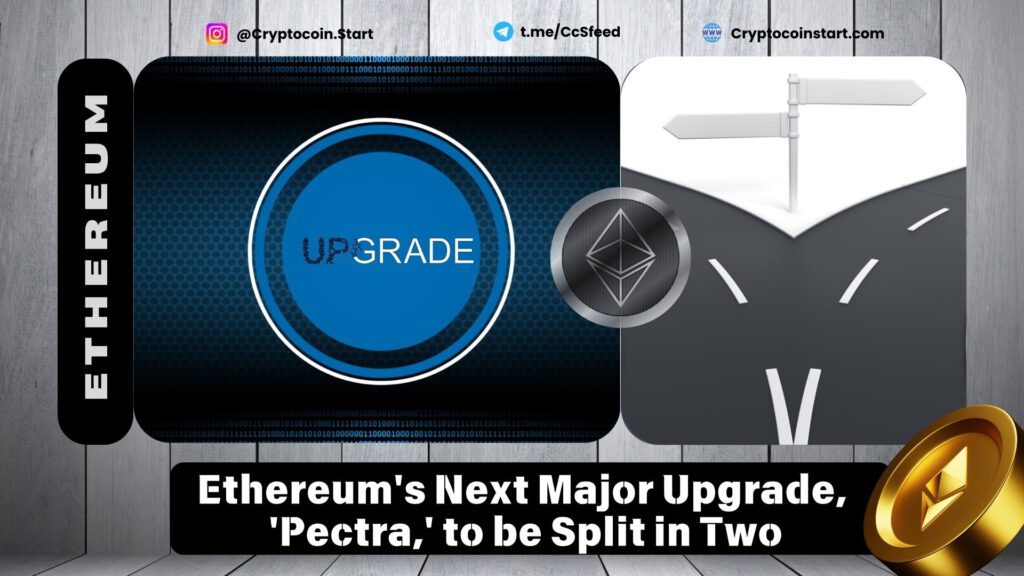
Context of the Upgrade
Ethereum, the leading smart-contract blockchain, recently completed its last major upgrade six months ago. With numerous developer priorities to address, there’s a growing recognition that not all objectives can be tackled simultaneously.
As a result, developers are now considering dividing the Pectra upgrade into two distinct phases.
Details of the Proposed Split
Pectra was set to be Ethereum’s largest hard fork to date. A hard fork, in blockchain terminology, refers to a significant software upgrade. However, some developers believe that the full suite of new features has become overly complex. They argue that splitting the upgrade could help manage these complexities and mitigate the risks associated with implementing too many changes at once.
During a recent All Core Developers call, the idea of splitting the upgrade was explored. EF DevOps Engineer Parithosh Jayanthi, who supports the split, explained in a Telegram chat with CoinDesk that, “we’re talking about splitting it into two forks, mainly to reduce the risk of a bug and to enable faster shipping of both forks.”
Components of the Split Upgrade
According to a report by Christine Kim, Vice President of Research at Galaxy Digital, the first part of Pectra would include Ethereum Improvement Proposals (EIPs) such as EIP-7702, which aims to enhance wallet functionalities. This proposal was famously drafted by Ethereum co-founder Vitalik Buterin in just 22 minutes. The second part would focus on upgrading Ethereum’s Virtual Machine, known as EOF.
Possible Downsides
If the split is approved, the first part of Pectra could be rolled out by February 2025. However, there are concerns about the implications of this decision.
- Delayed Implementation of PeerDAS: EF researcher Ansgar Dietrichs noted that delaying the implementation of EIP-7594, or PeerDAS, to the second part of the upgrade might result in higher fees for layer-2 blockchains in the interim. PeerDAS is crucial for improving data availability on Ethereum and supporting future throughput growth.
- Short-Term Impact: While the delay might lead to higher fees for layer-2 solutions temporarily, Dietrichs remains optimistic. He mentioned, “For now, we still have some room to go even before PeerDAS. So hopefully it won’t matter at all. Worst case, L2s will have slightly higher fees again for a few months while we wait for the second half of the Pectra fork.”
Despite these concerns, Dietrichs believes that splitting the upgrade is the right choice. “Ultimately, I think a split is likely still the right decision,” he said.
Alex Stokes, an EF Researcher, also supported the idea, stating, “Generally, smaller forks are less risky.” This sentiment was echoed during last week’s call, highlighting the preference for a phased approach to manage the complexity of the upgrade.


